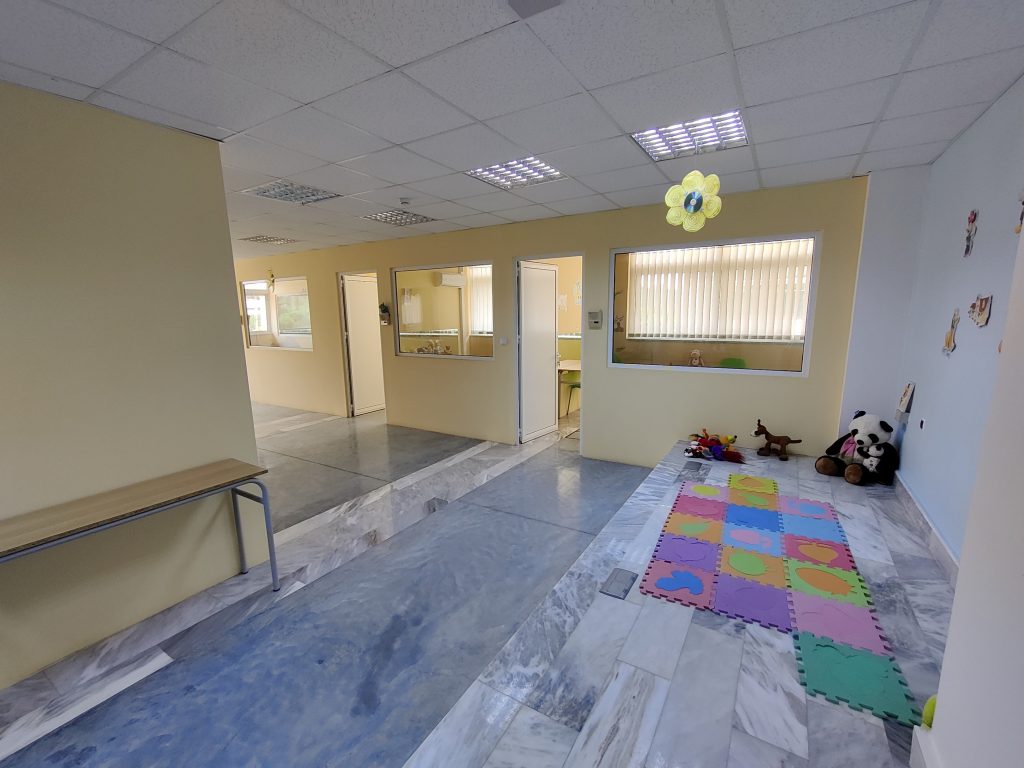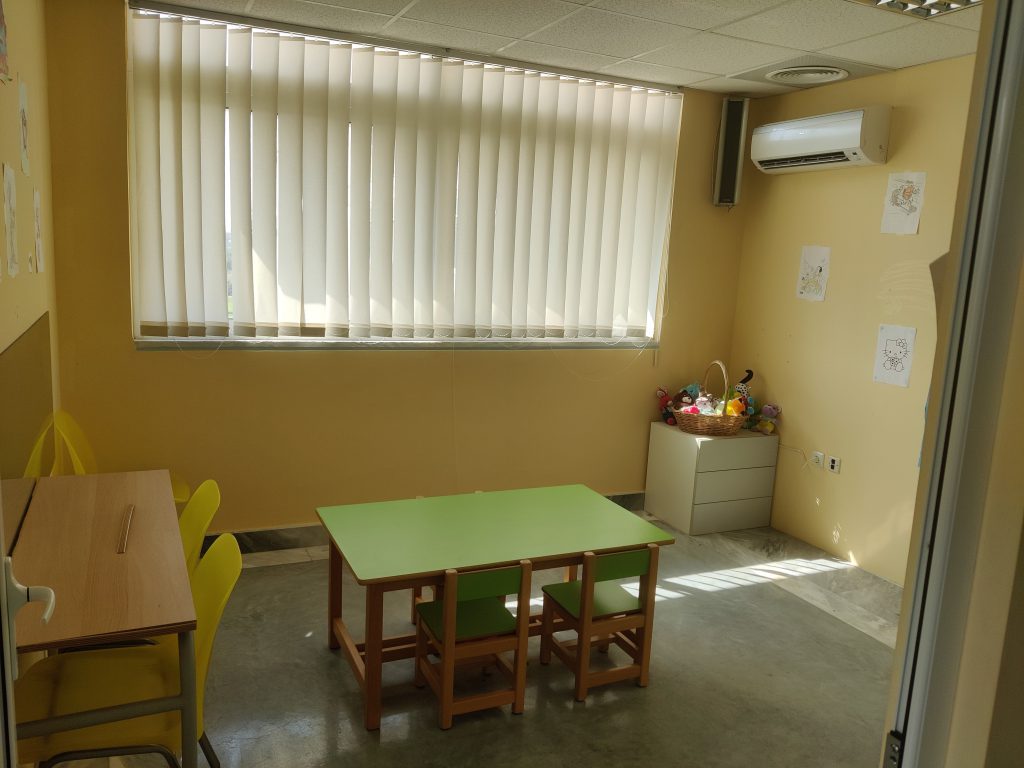University of Peloponnese
Department of Speech Therapy
School of Health Sciences


The Department of Speech Therapy at the University of Peloponnese was established in 2009 (former Technological Educational Institution of Kalamata, FEK 44/vol. A/12-03- 2009). It is now one of the three speech therapy departments in higher education in Greece. It offers a four-year academic program with approximately 100 enrolled students each academic year.
The academic program implements a modern curriculum that consists of:
a) Foundation courses from the fields of Linguistics, Medicine, Psychology and Special Education.
b) Specialization courses, including speech disorders, voice disorders, swallowing disorders, hearing disorders, and new technology courses.
The curriculum was developed by a working group of academic teachers. It incorporated the latest developments in the field of science, the observations of professionals in the field, and the experience from similar departments in Greece and abroad. In addition to the theoretical part, the curriculum includes mandatory clinical practice, intership carried out in kindergartens, primary schools, special needs schools, hospitals, nursing homes, rehabilitation centers, and the speech therapy clinic of the University of Peloponnese based in Kalamata.
Mission
The Department of Speech Therapy at the University of the Peloponnese aims to promote the development and dissemination of knowledge in the field of Speech Therapy through teaching and research. Its mission is to provide the students with the necessary tools to ensure their training for scientific and professional careers and to offer clinically supported services to society.
Specifically, the mission of the department includes:
- Provision of contemporary scientific knowledge related to the etiology, diagnosis, prevention, and treatment of communication and swallowing disorders across all areas and populations.
- Offer courses that reflect modern clinical practice, in line with the needs of today’s multicultural and multilingual society.
- Provision of social services (as part of our clinical courses) for the prevention, diagnosis, and treatment of communication disorders in children (schools and kindergartens) and adults (rehabilitation centers and hospitals), and in the Laboratory of Clinical Applications in Speech Therapy, Audiology, Voice Analysis, and Speech (ΕΚΕΛΑΦΟ).
- Conduction of scientific research.
Vision
The vision of the Department of Speech Therapy is to provide academic education at the undergraduate and graduate levels with the goal of offering scientific, research, and clinical knowledge to future speech therapists while contributing to social welfare.
Specifically, the department’s vision includes:
- Recognition of the high quality of academic and clinical education, leading to an increase in the number of students and an increase of graduates due to a higher demand for speech therapists in the job market.
- Becoming a regional reference center for assessing, diagnosing, and treating speech, language, communication, and swallowing disorders.
- Provision of services to socially and economically vulnerable people in the community at both regional and national levels.
Strategic Axes of the Department
- Connection of knowledge and entrepreneurship
- Increase of the annual budget.
- Participation in funded research and development programs.
- Establish a strong connection with the local community by increasing social services.
- Outwardness – Internationalization – EUNICE
- Collaboration with other university departments abroad – EUNICE.
- Enhancing Academic Activities
- Improving the educational services provided at the undergraduate level.
- Enhancing students’ educational experiences by integrating theory into clinical practice.
- Upgrading Infrastructure
- Improving the building infrastructure with energy-efficient upgrades.
- Quality of the University Environment
- Increase the number of academic and administrative staff.
- Full utilization of existing laboratory facilities and the establishment of new ones.
- Development of a graduate program to provide students with further clinical or theoretical specialization.
- Expansion of doctoral and postdoctoral studies.
